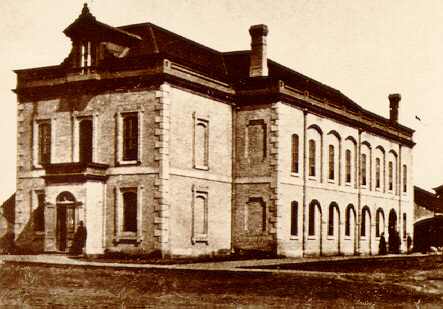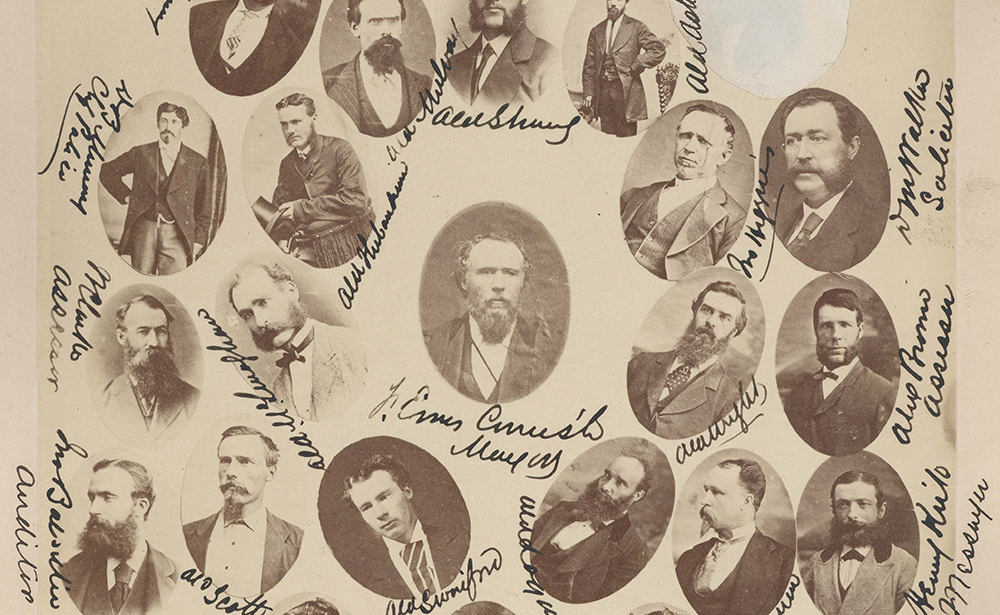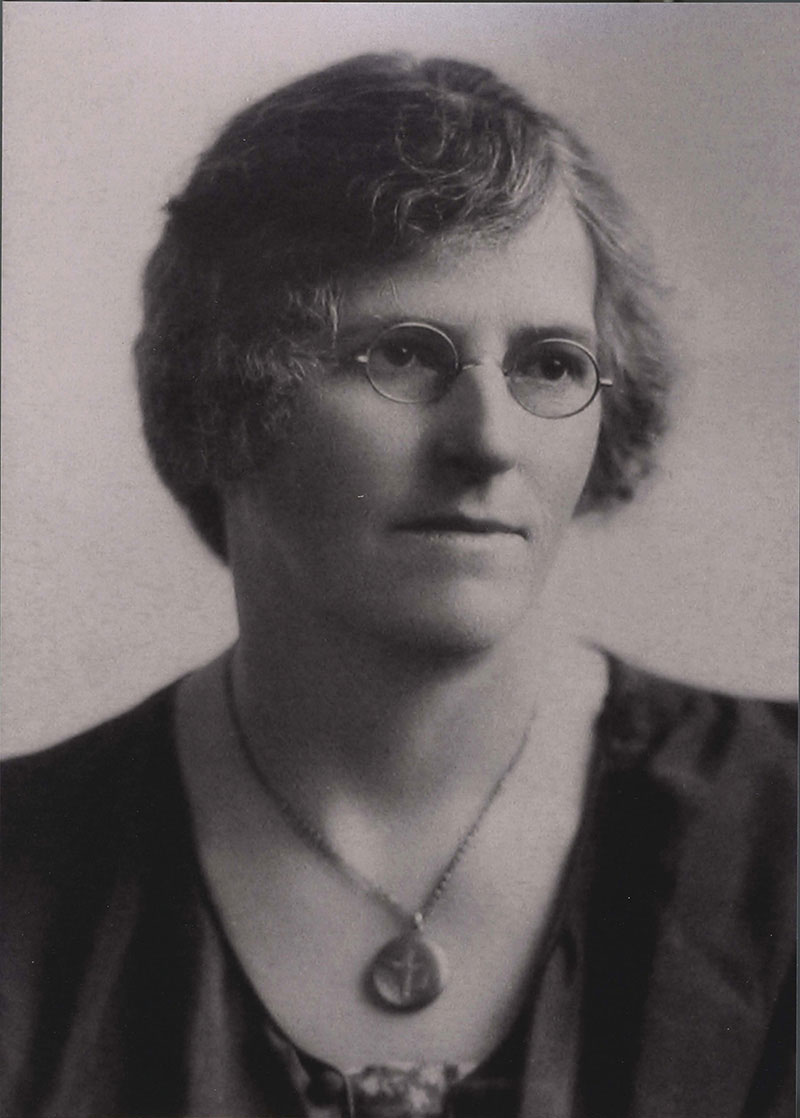
Winnipeg took a major step as a fledgling city on this day 150 years ago by holding its first civic election.
Running in the election, and even voting in it, wasn’t open to all adults at that time.
Candidates for mayor or councillors (then known as aldermen) in the first election in 1874 had to meet a number of criteria.
To be eligible to hold office, candidates were required to be male freeholders (someone who owns property) or householders (someone who occupies property) , British subjects, at least 21 years of age, and had to have resided in the city for at least three months.
In order to go to the polls on January 5, 1874, residents had to meet similar criteria and had to own property valued at $100 or to pay at least $20 per year in rent.
“The property qualifications reflect an early attitude in civic politics – that people who owned property had a greater stake in civic affairs than those who did not. This misguided idea meant that many Winnipeggers were left out of this important part of the democratic process,” said Sarah Ramsden, the City of Winnipeg’s Senior Archivist.

Only 398 residents of the new City met the qualifications to vote out of a population of about 2,000.
Francis Evans Cornish was elected Winnipeg’s first mayor. He ran against William F. Luxton, and won by a slim thirty-four vote majority.
Records show that a number of illegal repeaters voted in favour of Cornish, but that these votes were not part of the final count.
“We have seen many improvements to voting procedures since our first election. Ballots, for example, weren’t used in Winnipeg civic elections until 1884. The ballot system ensured that voter decisions were kept secret. Before then, a voter’s selection was recorded next to their name in the poll book,” said Ramsden.
Equal voting rights for Winnipeggers
It would be many more years before all adult Winnipeggers were allowed to vote and run in civic elections.
From 1884-1886, there was legislation in place that disqualified Indigenous peoples from voting in Winnipeg civic elections.
Even though these disqualifications were removed, histories and legacies of disenfranchisement within our city, province, and country have been barriers to Indigenous participation in elections.
Indigenous peoples weren't given the unconditional right to vote in federal elections until 1960.
While women were eligible to vote in civic elections in Winnipeg as early as 1887, they were not able to hold office until 1916.
The first woman elected to Council was Jessie Kirk. She ran in Ward 2 in December of 1920 and served a two-year term on Council.

To learn more about Winnipeg’s history since it was incorporated 150 years ago, visit the Winnipeg Archives and check out its new digital exhibit.
More information about how we’re marking this milestone is available at winnipeg.ca/150years.
